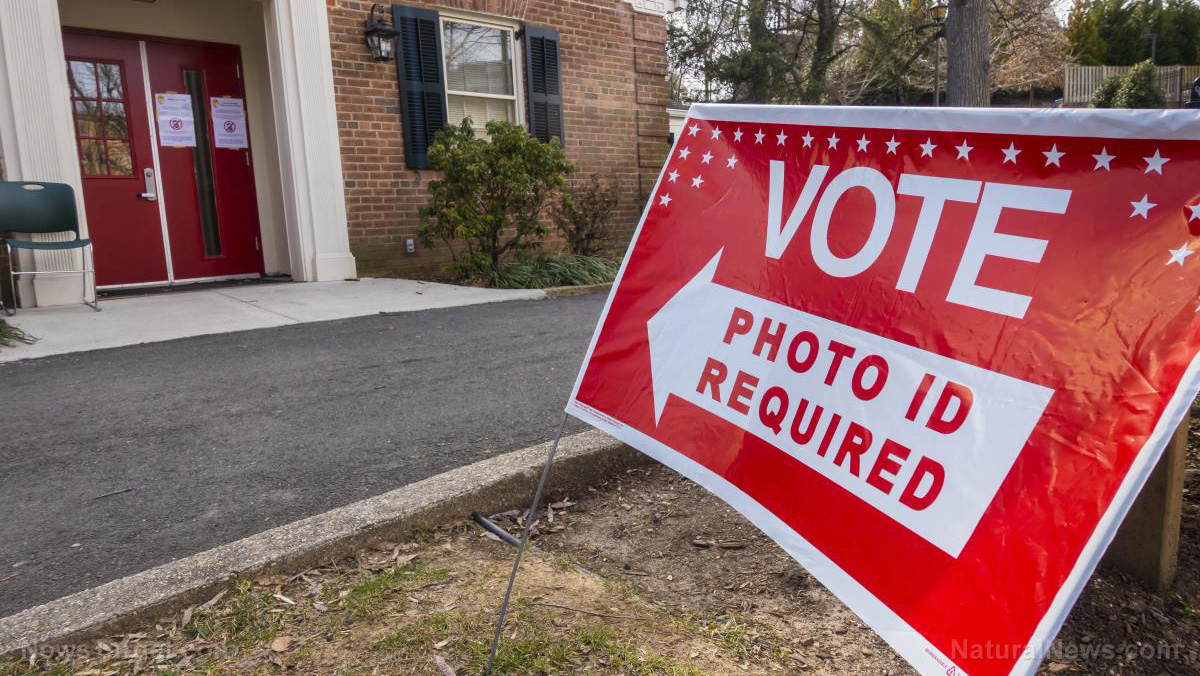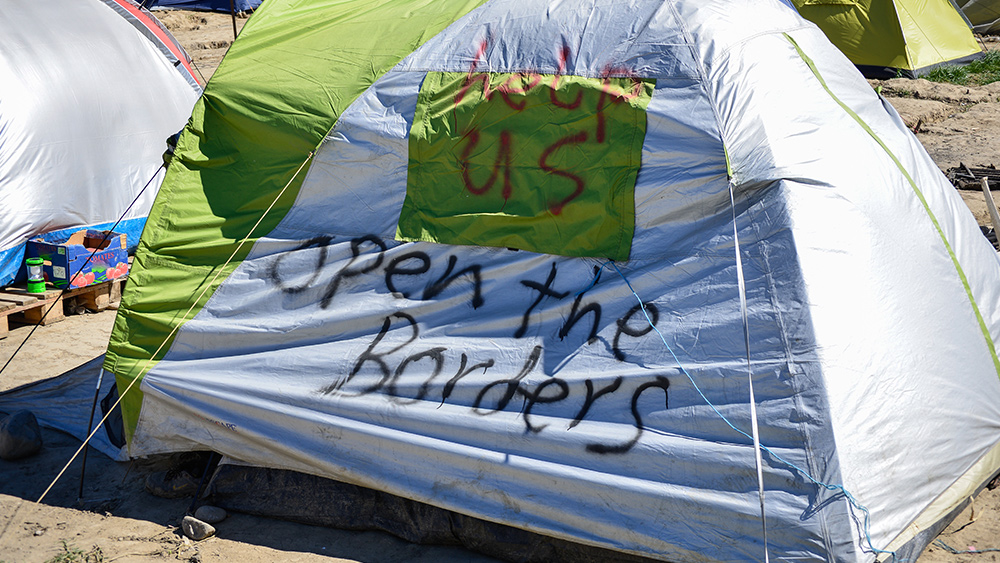JBS meat plant in Colorado accused of abusing immigrant workers
09/30/2024 / By Cassie B.

A major labor union has called on authorities to look into potential abuse and human trafficking involving immigrant workers at the JBS meat plant in Greeley, Colorado.
The United Food and Commercial Workers (UFCW) union claims that as many as 500 of the plant’s workers who hail from Haiti and Benin have been subjected to dangerous working conditions, paying inflated rent to live in squalid conditions, being charged inflated fees for transportation and job applications, intimidation, threats and human trafficking.
According to reports, some of these violations were carried out by a hiring manager and associate with access to the plant who are not direct employees of the company.
UFCW local 7 president Kim Cordova said that although the Haitians and other foreign workers entered the country legally, they quickly became exploited for cheap labor in what could be a human migrant trafficking scheme.
The union, which represents roughly 3,300 members at the Greeley facility, went into greater detail about the abuses these individuals were subjected to both inside and outside of their workplace. They cited examples such as up to 50 workers living in a 5-bedroom home with just two bathrooms and being forced to pay up to $120 per week for housing.
They added that some of the workers’ families abroad were threatened and they were forced to adhere to dangerously high production line speeds. In some cases, the migrants’ mail was intentionally withheld from them, including important paperwork and medical bills. They also accused JBS management of conducting sophisticated recruitment schemes on the social media platform TikTok.
In addition, some workers may have been pressured to sign agreements that they did not understand due to their lack of English fluency. For example, up to 100 workers said they were asked to waive their rights in connection to workplace injuries, and such injuries were not reported to OSHA as required by law.
They have already reported the conduct to a number of regulatory bodies and law enforcement agencies, including the U.S. Occupational Safety and Health Administration and Office of Labor-Management Standards, the National Labor Relations Board and the U.S. Department of Labor.
A statement from JBS attempts to position them as innocent in this situation. They insisted: “JBS does not charge team members or applicants for any pre-employment services, including transportation, application, pre-hire medical requirements, or housing, nor do we require them to live in any specific location.”
Union claims JBS was fully aware of abuses
However, the union maintains that JBS was fully aware of what was going on despite their protests to the contrary. Cordova said: “The company knew about these tactics – and in fact paid for workers to live in squalor conditions at a local motel – and turned a blind eye until they were questioned by the press. One of the main individuals involved in this terrible treatment is still employed by JBS.”
American meat packers have long been using immigrants for roles at carcass disassembling lines as these jobs can be hard to fill. The Greeley facility is a grass-fed kill and processing plant, and the bulk of its workforce are immigrants from places like Latin America, Myanmar and the Horn of Africa. High turnover means the plant needs to bring in new hire groups of dozens of workers each week. This turnover is largely driven by the dangerous working conditions at the plant.
Migrant trafficking networks are becoming all too common as the Biden administration continues to keep the borders open and lets foreigners overtake cities like Greeley and Springfield, Ohio.
Sources for this article include:
Submit a correction >>
Tagged Under:
abuse, chaos, civil rights, corporations, Dangerous, human trafficking, humanitarian, illegal immigration, Immigration, JBS, migrants, suppressed, welfare, working conditions
This article may contain statements that reflect the opinion of the author
RECENT NEWS & ARTICLES
COPYRIGHT © 2018 OPENBORDERS.NEWS
All content posted on this site is protected under Free Speech. OpenBorders.news is not responsible for content written by contributing authors. The information on this site is provided for educational and entertainment purposes only. It is not intended as a substitute for professional advice of any kind. OpenBorders.news assumes no responsibility for the use or misuse of this material. All trademarks, registered trademarks and service marks mentioned on this site are the property of their respective owners.



















